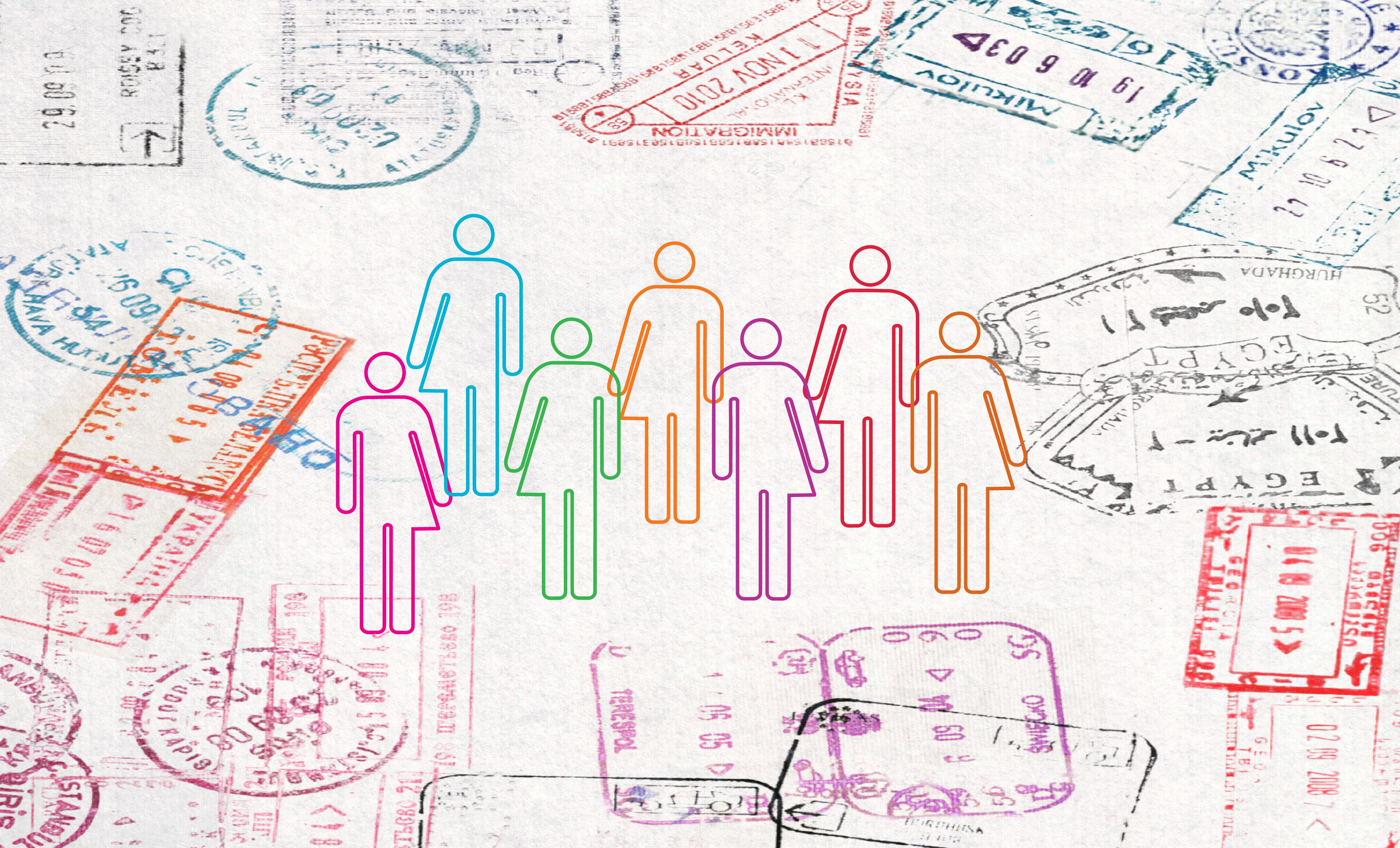Travel Insurance
Getting ready for your trip? Get protection your trip essentials, against delay or cancellation, and most importantly, yourself.
Get Started Today

On October 6th, Bhumika Shrestha became the first transgender to travel internationally with a passport marked ‘other’ in the gender section:
Bhumika Shrestha is a citizen of Nepal, and is one of three citizens who are officially recognized as belonging to a third gender after a Supreme Court ruling in December of 2007. Anya is the official term used in Nepal, which is translated as third gender. Anya describes any biological male who identifies or expresses as a female, or any biological female who identifies or expresses as a male.
The decision to recognize a third gender was a victory for Bhumika and The Blue Diamond Society, an organization that supports awareness, equality, and dignity for the LGBT community and other gender minorities in Nepal. The ruling was further evidence of Nepal’s progressive stance on these issues. Nepal joins Australia, New Zealand, India, and Pakistan to offer passports with ‘X’ or ‘other’ as an option next to (M) for male and (F) for female.

Photo courtesy of: www.outandaround.com
On top of being an activist, counselor, member of The Blue Diamond Society, a pageant winner, and an elected official member of Nepal’s congress, Bhumika is also a world traveler. Bhumika travels to attend conferences and speak on behalf of transgender people all over the world. Just accessing health care, buying a house, or getting a job in your home country can be difficult when you are transgender. Imagine the difficulties a transgender person would face trying to travel internationally with security checks and customs. Bhumika explains how being transgender affects her everyday life in an interview with Out & Around:
While Western countries such as the UK are still debating the subject, Asian countries seem to be leading the charge to define and recognize ‘other’ gender categories. About 2-5 million individuals in India alone identify themselves as hijras, and are officially recognized by the Indian government, which means they will receive health care, education, and other rights given to males and females.

As more countries begin to officially recognize other genders, they will have to rethink the way laws are written to accommodate more than two defined genders. The health care industry will have to determine what changes they need to make as well; especially, for those people seeking international medical insurance when they travel abroad. Often, gender is the determining factor in deciding the type and price of medical coverage offered to an individual. How will insurance underwriters handle travelers who claim to be neither male nor female?
Some of the issues to watch for in the insurance industry are:
As this topic continues to grow, insurers will have to discover plan options that cover individuals from countries that recognize third genders. We here at TravelersAlly are dedicated to helping EVERYONE travel safely. We are currently raising this issue with several large insurance providers, and awaiting more information. In the meantime, please contact us for questions regarding coverage options.